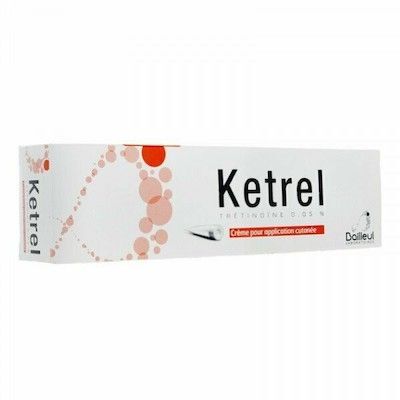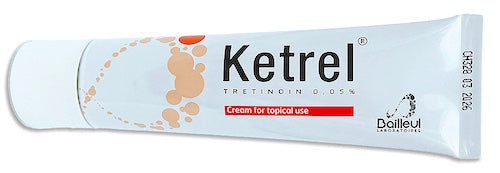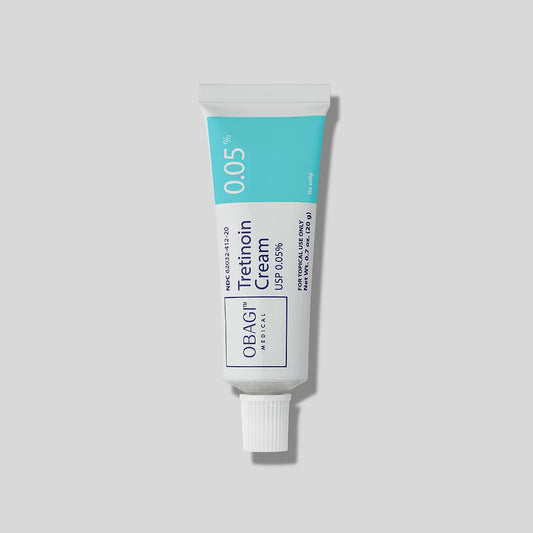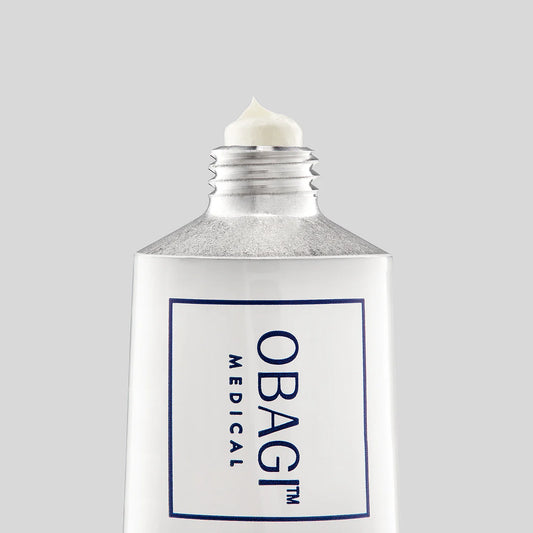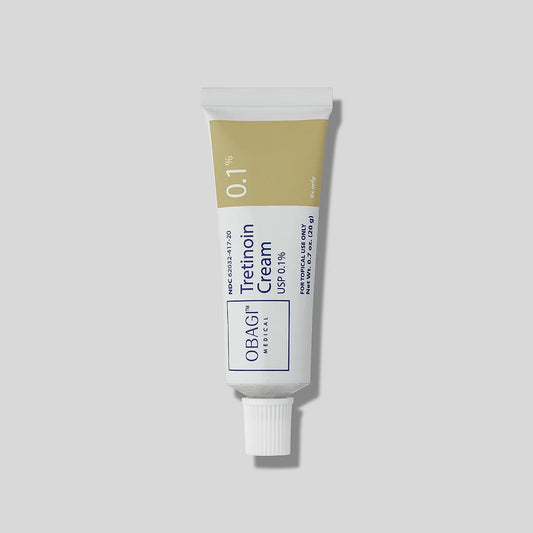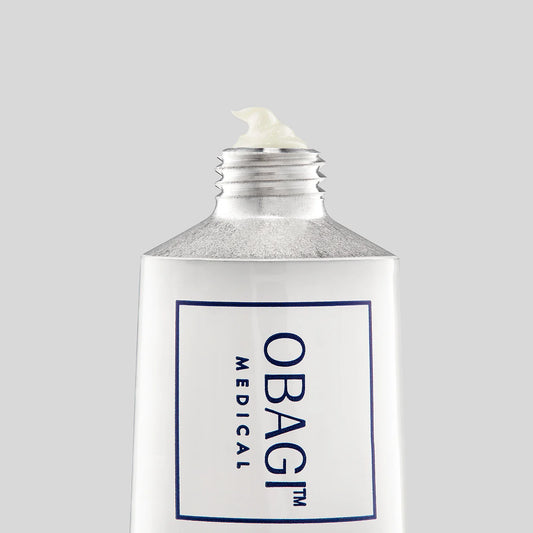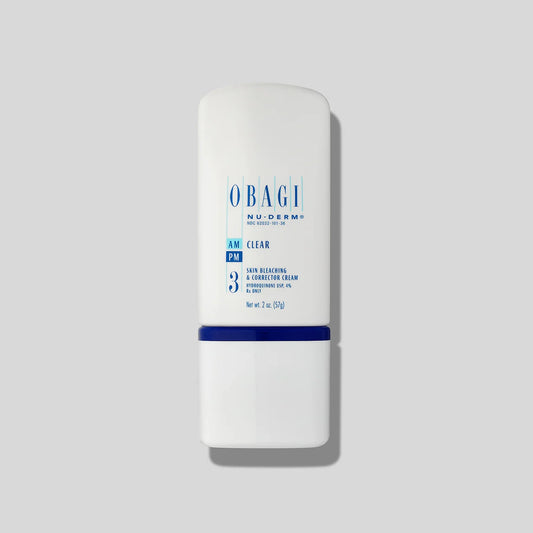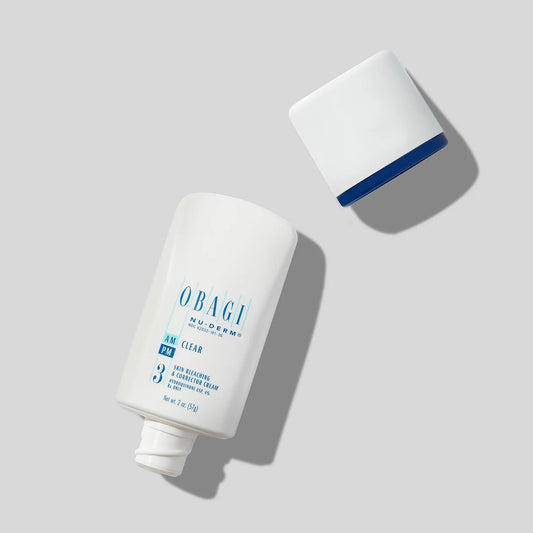Everything you need to know about Retinol
Many individuals contemplating the use of retinol may find themselves pondering the question, "Is retinol safe?". Before venturing into the world of this renowned skincare ingredient, it's entirely natural to seek more information, especially if it's uncharted territory for you.
You might have already come across various articles and recommendations, both from peers and professionals, extolling the virtues of retinol. This widely discussed skincare component is credited with exceptional exfoliating properties, anti-breakout capabilities, and the abillity to combat signs of ageing.
But what exactly is retinol?
Retinol, in essence, is a form of vitamin A and a type of retinoid that operates by stimulating the skin's ability to generate new cells. The potential benefits attributed to retinol, as seen on product labels, include:
- Smoothing existing fine lines and wrinkles while minimizing the appearance of new ones. It's essential to note that visible improvements in wrinkles might take 3 to 12 months.
- Exfoliating the skin to promote a brighter, smoother, and rejuvenated complexion.
- Preventing clogged pores, which can lead to breakouts.
- Evening out the skin tone by fading various marks such as sun spots, acne scars, and hyperpigmentation.
Considering these claims, it's no surprise that retinol generates so much buzz in the skincare world. It often seems like a wonder ingredient! However, selecting the right retinol product is crucial because not all products are created equal, and individual skin types can respond differently. Factors such as dryness, oiliness, ageing, or a combination of these can influence the effectiveness of retinol.
Types of Retinol Products:
Over-the-Counter (OTC) Retinol:
These are readily available for purchase online or in physical stores. They contain different ingredients, with varying strengths:
- Retinyl palmitate (the mildest of retinoids)
- Retinol (slightly stronger and generally well-tolerated)
- Retinaldehyde (even more potent)
- Adapalene 0.1% (the strongest over-the-counter option, primarily formulated for acne treatment and prescribed by physicians).
Prescription Retinol:
As the name suggests, these retinol products require a prescription from a healthcare professional. They typically feature more potent retinoids, such as:
- Tretinoin (Retin-A, generic),
- Tazarotene (Adapalene, Tazorac)
- Adapalene 0.3% (Differin)
These prescription-strength options tend to work more quickly and effectively, but they can also be potentially irritating.
Safety of Retinol:
Retinol is indeed safe for use in cosmetics and medical products, as stringent regulations require these products to be safe for consumers. Topical retinol formulations would not be available if they weren't extensively tested for safety. However, it's important to note that different skin types require varying retinol strengths and protocols.
- Retinol and Dry or Sensitive Skin: Retinol may be harsh on sensitive skin, potentially worsening existing skin issues and causing flakiness and peeling. Individuals with sensitive skin should exercise caution and seek professional guidance. Additionally, it can be drying, so proper hydration is advisable. Gradually introducing retinol into your skincare routine, starting with milder products, is essential.
- Retinol and Sun Exposure: There are concerns about retinol's potential impact on sun damage. The key takeaway is that, it is essential to wear a good quality SPF as skin barrier function may be temporarily impaired when first getting used to retinol, so you could be more liable to sunburn. Once your skin is acclimatised to retinol your skin barrier will be functioning well.
Remember, skincare is personal, and the suitability of retinol may vary from person to person.
Where to get Retinol Products
For non-prescription retinols, head over to our shop or browse the products below. For prescription products, feel free to contact us for a free consultation


